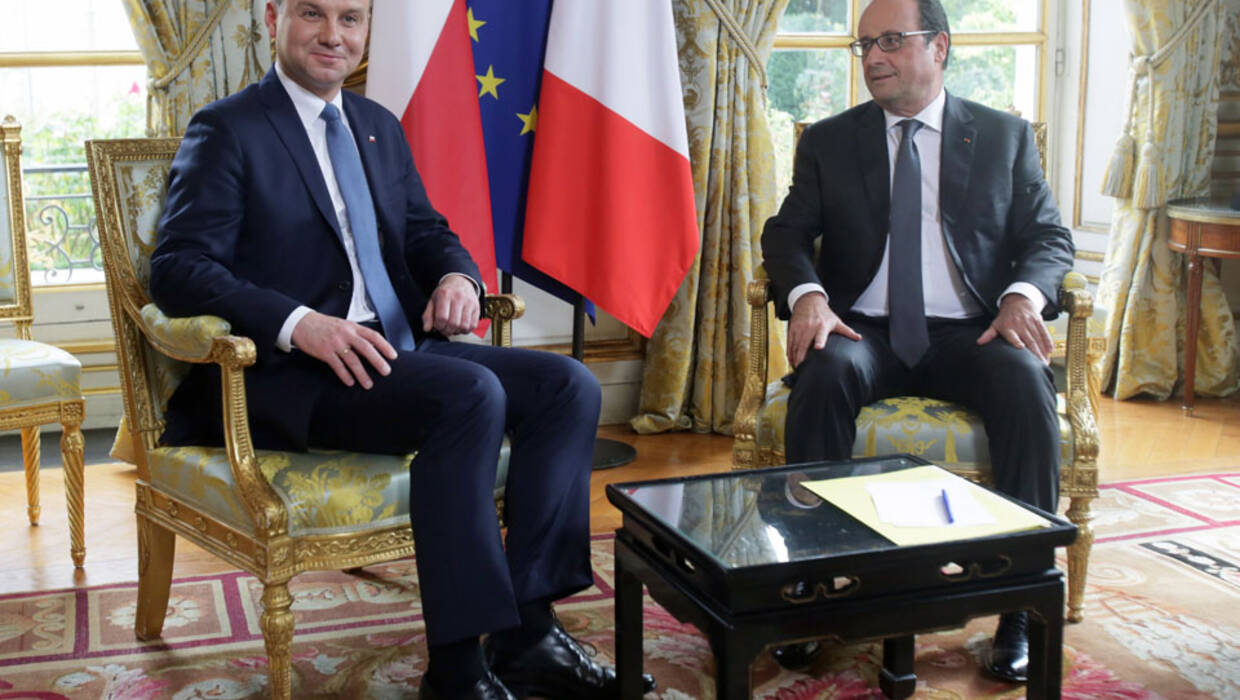
The roll of honour at the Warsaw Uprising Memorial was attended by officials including deputy Prime Minister and Culture Minister Piotr Glinski, Defence Minister Antoni Macierewicz and Warsaw Mayor Hanna Gronkiewicz-Waltz.
A letter from President Andrzej Duda was read out by National Security Bureau (BBN) head Pawel Soloch.
"We want the uprising of 1944 to be a source of pride and inspiration to work for a sovereign Poland", President Duda wrote, pointing out that at the time, despite ideological differences, Poles stood up to fight together, "united above political divisions".
This year's roll of honour mentioned not only insurgents who were killed in the Warsaw Uprising but also uprising commanders who later died of natural causes as well as a number of people who "for many post-war decades spared no effort to make sure the memory of the uprising was not erased".
Among the latter were the late President Lech Kaczynski and Poland's last President-in-exile Ryszard Kaczorowski, both of whom died in the 2010 crash of a presidential plane near Smolensk in which 96 people were killed, including many top officials.
Earlier, after a Mass celebrated by Poland's Field Bishop Jozef Guzdek, Defence Minister Antoni Macierewicz presented decorations to a group of the Warsaw Uprising's participants.
The Warsaw Uprising broke out on August 1, 1944 as the biggest resistance operation in Nazi-occupied Europe. Initially intended to last several days, it continued for over two months before being suppressed by the Germans. The uprising claimed the lives of 18,000 insurgents and around 180,000 civilians.
After the insurgents surrendered and the remaining 500,000 residents were expelled, the Germans methodically burned down and blew up Warsaw house by house. By January 1945, 85 percent of the buildings had been destroyed. (PAP)
dj/



